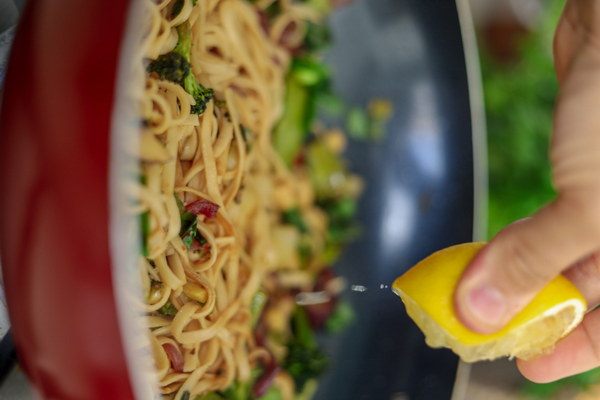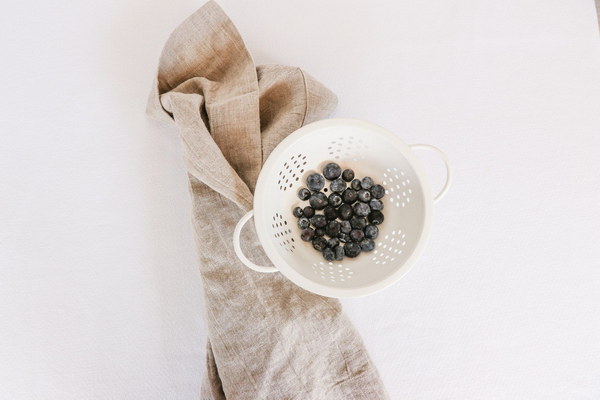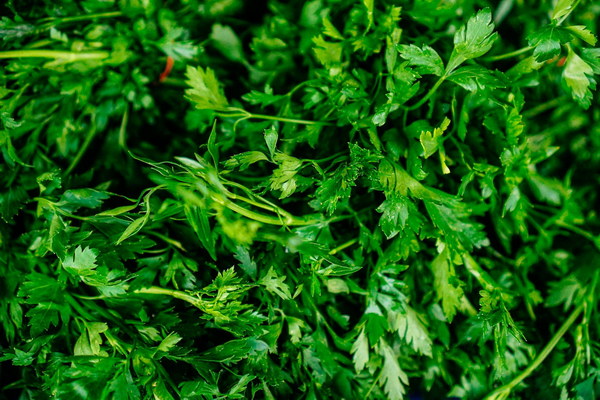Revitalize Your Health Discover the Timeless Elixirs of Spring and Autumn Nourishment
In the vast tapestry of traditional Chinese medicine, the concept of seasonal nourishment holds a special place. The ancient wisdom dictates that to maintain balance and health, one must adapt their diet and lifestyle to the changing seasons. This approach is especially relevant when it comes to the spring and autumn seasons, which are known for their unique properties that affect our bodies. In this article, we will explore the concept of spring and autumn nourishment, and highlight some of the most prized tonics and remedies that have stood the test of time.
Spring, the season of renewal and growth, is a time when the body seeks to shed the heavy, dampness of winter and embrace the ascending energy of the season. To support this transition, it is essential to incorporate spring tonics that nourish the liver and blood, and invigorate the body's energy. One of the most renowned spring tonics is the Sheng Di Huang, or fresh rhizome of rehmannia, which is believed to tonify the liver and blood, and improve vision.
In addition to Sheng Di Huang, other spring tonics that can be beneficial include:
1. Dang Shen (Codonopsis pilosula): Known as the king of tonics, Dang Shen is believed to boost the immune system, enhance energy levels, and support overall vitality.
2. Bai Zi Ren (Biota seed): This herb is often used to calm the mind, improve sleep, and alleviate stress, making it an excellent choice for those who may experience anxiety or insomnia during the spring season.
3. Gou Qi Zi (Schisandra fruit): Gou Qi Zi is renowned for its adaptogenic properties, helping the body to cope with stress and maintain balance. It is also believed to enhance cognitive function and improve memory.
Autumn, on the other hand, is the season of harvest and transition, as the days grow shorter and the air becomes cooler. During this time, the body needs to adapt to the descending energy and the increased dryness in the environment. To counteract this, autumn tonics focus on nourishing the lung and kidney meridians, and maintaining fluid balance.

Some of the key autumn tonics include:
1. He Huan Pi (Mimosa tree bark): This herb is known for its ability to moisten the lungs and soothe the respiratory system, making it an excellent choice for those who suffer from dry coughs or asthma.
2. Fu Ling (Poria): Fu Ling is a powerful diuretic and can help to remove dampness from the body, promoting healthy digestion and preventing the accumulation of excess fluid.
3. Gui Zi (Cinnamon bark): Gui Zi is a warm and invigorating herb that can help to tonify the kidneys, enhance energy levels, and improve circulation.
Incorporating these tonics into your diet and lifestyle can help to support your health and well-being throughout the changing seasons. However, it is important to consult with a qualified practitioner of traditional Chinese medicine to determine the most suitable tonics for your individual constitution and health needs.
Remember, the essence of spring and autumn nourishment lies not only in the herbs and tonics themselves but also in the broader context of embracing the natural rhythms of the seasons. By aligning your diet, exercise, and daily routines with the changing environment, you can enhance your overall health and vitality.
In conclusion, the timeless elixirs of spring and autumn nourishment offer a profound and effective way to maintain balance and harmony within the body. By harnessing the wisdom of traditional Chinese medicine and incorporating these seasonal tonics into your life, you can enjoy a greater sense of well-being and resilience, no matter the time of year.









